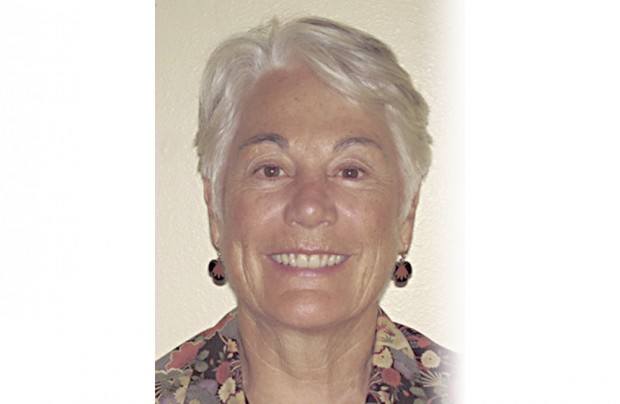Situations will arise in life when you must take action, and there’s a chance you might be incapacitated, unable to be physically present or can’t make a timely decision. In these cases, someone else must act on your behalf. An
Situations will arise in life when you must take action, and there’s a chance you might be incapacitated, unable to be physically present or can’t make a timely decision.
In these cases, someone else must act on your behalf. An appropriately drafted power of attorney may solve the problem.
There are two general types of powers of attorney — power of attorney and power of appointment — that allow individuals to act on behalf of others to manage certain decisions.
While powers of attorney may appear to be simple devices, a competent estate planning attorney should be consulted to ensure that the desired powers are properly created and exercised and that the laws of any applicable states — both where the power is to be created and where it is likely to be exercised — are properly examined.
Powers of appointment
Powers of appointment grant people the ability to choose recipients of property. It may be created through a testamentary instrument, such as a will, or an inter vivos instrument, such as a trust.
Often, a testator will include a power of appointment in his or her will to give another person the power to fairly divide property after the testator’s death. Like a trust, the person with power of appointment takes action on property interests. Unlike a trust, that person does not manage the property. All he or she can do is choose who will receive property and grant those people ownership rights.
For example, Mr. Wood’s will gives “the contents of my house to my children, my son Kyle to choose who receives which item.” Mr. Wood’s son Kyle has a power of appointment to choose who receives the ownership of each individual item.
A power of appointment can be general or special. As in the example above, a general power of appointment allows the person holding the power to choose himself or herself to receive property.
A special power of appointment — sometimes referred to as “non-general” — may be exercised only in favor of a particular person or a certain group of people. If the person holding the power of appointment does not exercise his or her power, the property may go to others specified in the will or by law as takers in default of appointment.
Powers of attorney
A power of attorney is a document granting an attorney-in-fact — who may be any competent adult, not necessarily a lawyer — the power to make certain decisions on behalf of the person giving that power (the principal). The attorney-in-fact acts as the principal’s agent, and the document gives the agent authority to take action over whatever activities the principal specifies.
Most commonly, a power of attorney grants authority to manage the principal’s financial dealings. The principal may remove the power by revoking it or by setting a time limit. Otherwise, the power ends when the principal dies or, in some cases, when the principal becomes incapacitated.
For example, Naomi must go out of town on business, but she is in the process of selling her house and expects she may receive a bid during her absence. She grants a power of attorney to her brother only for the purpose of reviewing bids and acting for her to accept the first one that meets Naomi’s criteria. She puts a time limit on the power so it will end on the day she returns from her trip.
A problem with the general power of attorney is that the agent loses authority when the principal becomes incompetent, and this is often when the power is needed most. A durable power of attorney differs from other powers of attorney in that it remains effective even when the principal becomes mentally incapacitated. It can also be used to make decisions about a person’s medical treatment.
All fifty states have adopted the durable power of attorney by statute, but the statutory provisions vary. Since variations exist from state to state, it is imperative that your power of attorney complies with Hawai‘i statutes.
Generally, a durable power of attorney either becomes or remains effective when the principal becomes incapacitated. A durable power of attorney for healthcare decisions grants the attorney-in-fact the power to make decisions about the principal’s health care whenever he or she is unable to communicate on the subject. A durable power of attorney also can maintain the attorney-in-fact’s power to manage all or some of the principal’s financial relationships should the principal become incapacitated.
• Karen Baldwin received her doctor of jurisprudence from the University of Denver College of Law in 1970. Her practice is limited to wills, trusts, and probate and asset protection. You can contact her at 826-7888 or email kbaldwinattny@hotmail.com with questions or comments.


